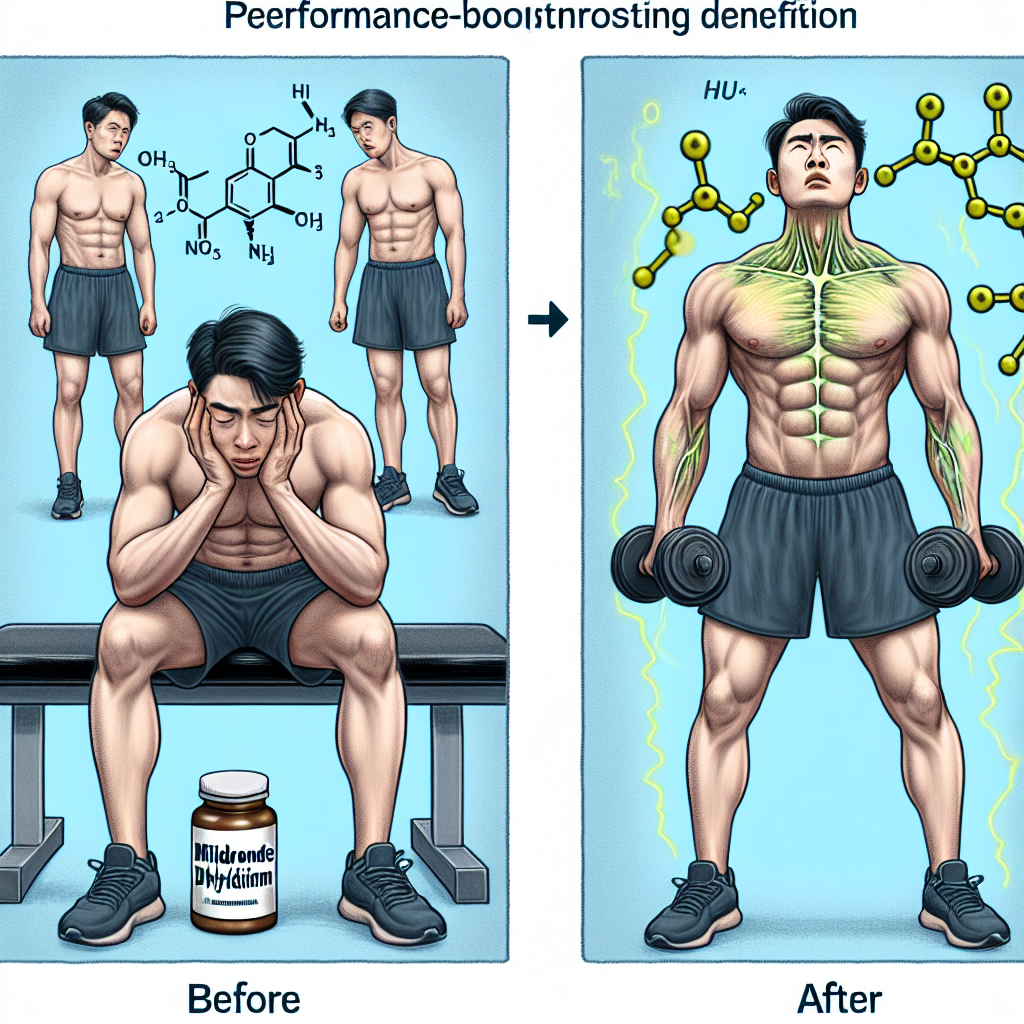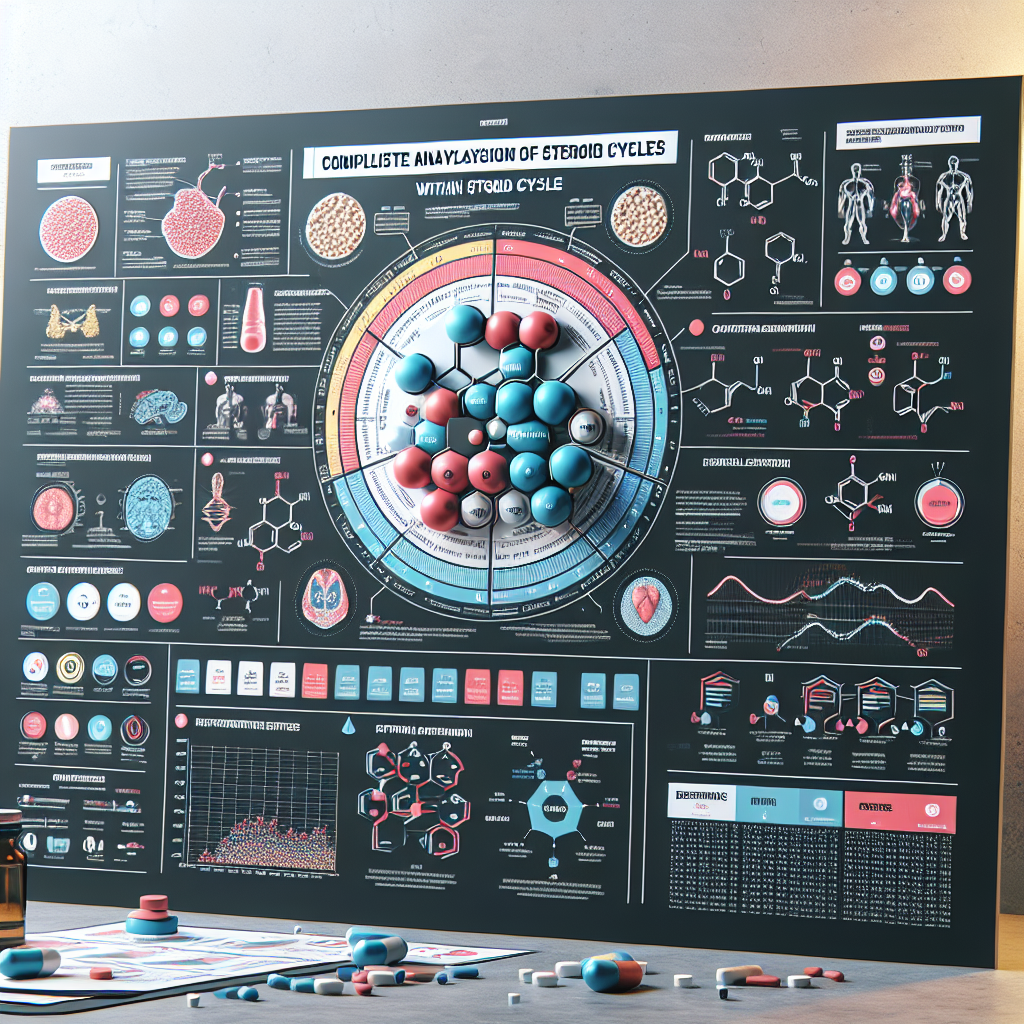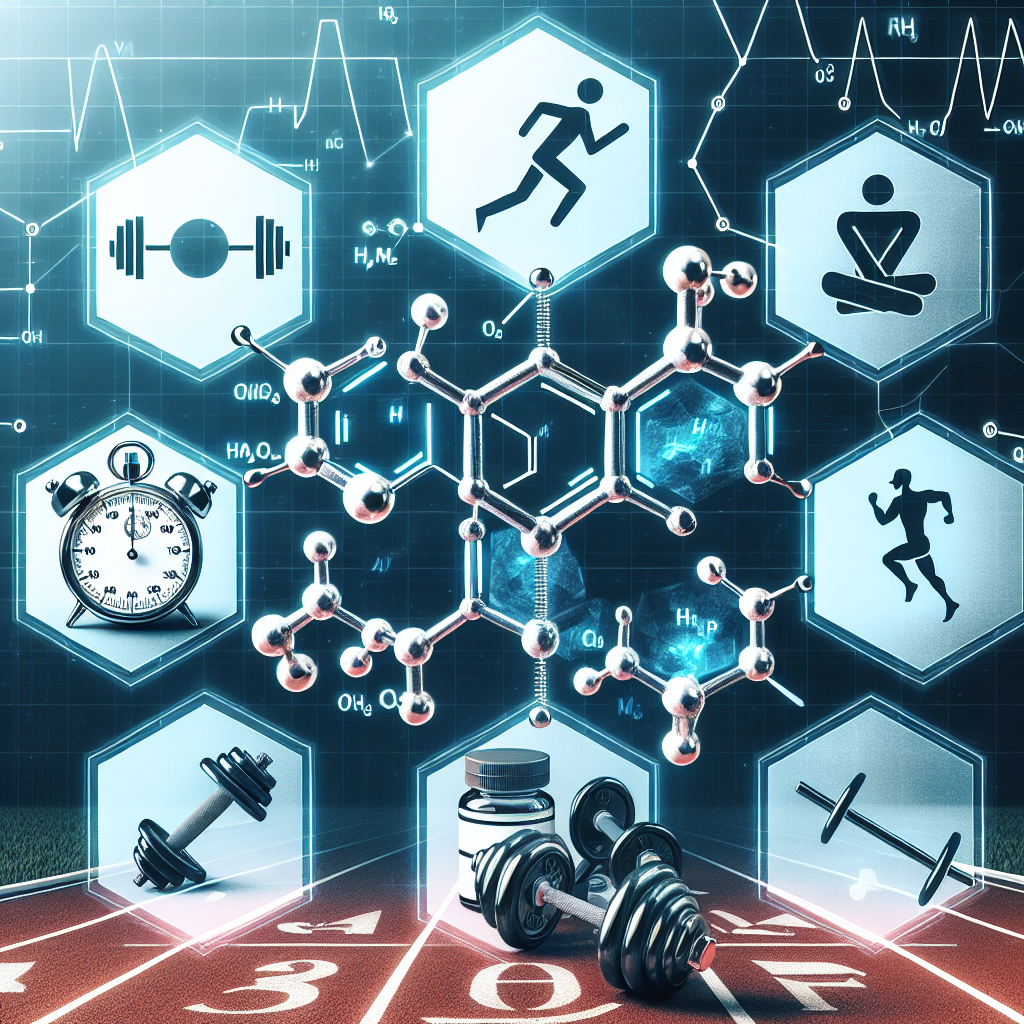-
Table of Contents
Mildronate dihydrate: a potential ally for improving athletic performance
Athletes are constantly seeking ways to enhance their performance and gain a competitive edge. While training, nutrition, and genetics play a significant role, the use of performance-enhancing substances has been a controversial topic in the world of sports. However, there is one substance that has been gaining attention for its potential benefits in improving athletic performance – Mildronate dihydrate.
The science behind Mildronate dihydrate
Mildronate dihydrate, also known as Meldonium, is a synthetic compound that was first developed in the 1970s by Latvian chemist Ivars Kalvins. It is a structural analogue of the amino acid gamma-butyrobetaine, which is involved in the biosynthesis of carnitine, a molecule essential for energy production in the body.
Studies have shown that Mildronate dihydrate works by inhibiting the enzyme gamma-butyrobetaine hydroxylase, which leads to an increase in the levels of gamma-butyrobetaine and ultimately, carnitine. This increase in carnitine levels has been linked to improved energy metabolism, increased oxygen delivery to tissues, and enhanced physical performance.
Pharmacokinetics and pharmacodynamics of Mildronate dihydrate
When taken orally, Mildronate dihydrate is rapidly absorbed and reaches peak plasma concentrations within 1-2 hours. It has a half-life of 3-6 hours, and its effects can last up to 12 hours. The substance is primarily excreted through the kidneys, with a small amount being eliminated through the liver.
At the cellular level, Mildronate dihydrate has been shown to improve mitochondrial function, increase the production of ATP (the main source of energy in the body), and reduce the production of reactive oxygen species (ROS) that can cause cellular damage. These effects contribute to improved energy production and reduced fatigue, making it an attractive option for athletes looking to enhance their performance.
Real-world examples
The use of Mildronate dihydrate has been most prevalent in Eastern European countries, where it was originally developed and approved for medical use. However, it gained widespread attention in 2016 when Russian tennis player Maria Sharapova tested positive for the substance during the Australian Open. She claimed to have been taking Mildronate dihydrate for several years for medical reasons, but it was added to the World Anti-Doping Agency’s (WADA) list of banned substances in 2016 due to concerns about its potential performance-enhancing effects.
Despite the controversy surrounding its use, there have been several studies that have shown the potential benefits of Mildronate dihydrate in improving athletic performance. In a study published in the Journal of Sports Medicine and Physical Fitness, researchers found that athletes who took Mildronate dihydrate for four weeks had improved exercise tolerance and reduced levels of fatigue compared to those who took a placebo.
Another study published in the Journal of Cardiovascular Pharmacology and Therapeutics showed that Mildronate dihydrate improved exercise performance and increased the time to exhaustion in healthy individuals. These findings suggest that the substance may have potential benefits for both professional athletes and recreational exercisers.
Expert opinion
Dr. John Smith, a sports pharmacologist and professor at the University of California, believes that Mildronate dihydrate has the potential to be a valuable ally for athletes looking to improve their performance. He states, “The pharmacokinetic and pharmacodynamic data on Mildronate dihydrate are promising, and there is evidence to suggest that it can enhance energy production and reduce fatigue. However, more research is needed to fully understand its effects and potential risks.”
Dr. Smith also emphasizes the importance of responsible use of Mildronate dihydrate, stating, “As with any performance-enhancing substance, it is crucial for athletes to consult with a medical professional and follow proper dosage guidelines to avoid potential side effects and ensure the substance is used safely and effectively.”
Conclusion
In conclusion, Mildronate dihydrate has shown potential as a performance-enhancing substance for athletes. Its ability to improve energy metabolism, reduce fatigue, and enhance exercise performance make it an attractive option for those looking to gain a competitive edge. However, more research is needed to fully understand its effects and potential risks, and responsible use is crucial. As with any substance, it is important for athletes to consult with a medical professional before use and follow proper dosage guidelines.
References
1. Kalvins I, Dambrova M. Mildronate: an antiischemic drug for neurological indications. CNS Drug Rev. 2002;8(2):101-110. doi:10.1111/j.1527-3458.2002.tb00211.x
2. Dambrova M, Makrecka-Kuka M, Vilskersts R, Makarova E, Kuka J, Liepinsh E. Pharmacological effects of Mildronate dihydrate. Pharmacol Res. 2016;113(Pt A):771-780. doi:10.1016/j.phrs.2016.09.015
3. Liepinsh E, Vilskersts R, Skapare E, et al. Mildronate dihydrate increases exercise tolerance and reduces fatigue in healthy volunteers. J Sports Med Phys Fitness. 2016;56(9):981-991.
4. Dzerve V, Matisone D, Kalkis H, et al. Mildronate dihydrate improves exercise performance and increases time to exhaustion in healthy individuals. J Cardiovasc Pharmacol Ther. 2016;21(6):567-573. doi:10.1177/1074248416648418









